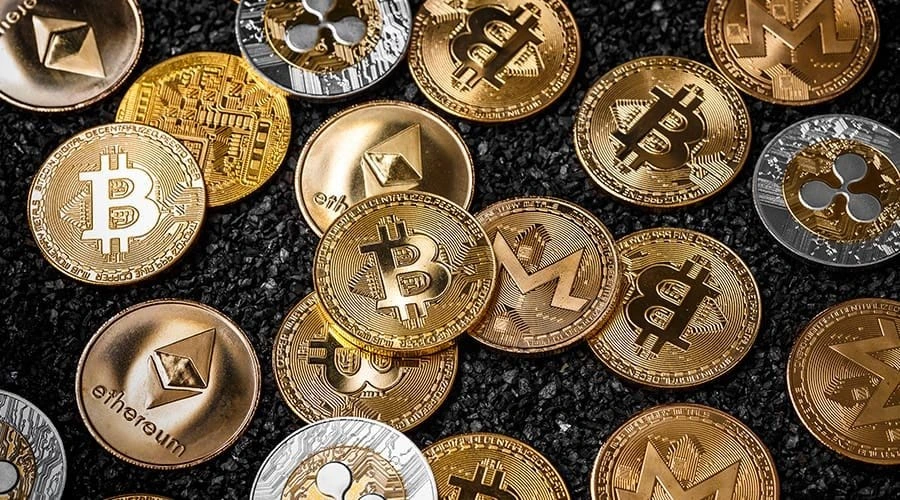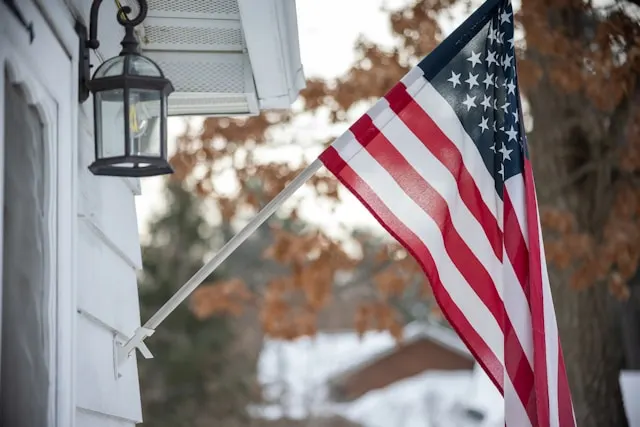PROTECT YOUR DNA WITH QUANTUM TECHNOLOGY
Orgo-Life the new way to the future Advertising by AdpathwayPetrobras, Brazil’s state-run oil company, faces a tough choice that matters for the country’s finances and its own future. The company’s board approved a payout of R$20 billion (about $3.4 billion) in extraordinary dividends in late 2024, giving shareholders R$1.55 per share.
This payout followed months of debate inside Petrobras and among government officials about how much cash the company should return to shareholders versus how much it should invest in its own operations and new projects.
The Brazilian government, which owns the largest stake in Petrobras, relies on these dividends to help balance the national budget. Officials have openly said they expect Petrobras to pay extra dividends to meet fiscal targets.
The government also wants to raise about 35 billion reais ($6.2 billion) from the oil sector over two years, including from Petrobras, to boost revenues. But this strategy is not simple.
The company’s ability to pay depends on oil prices, which have stayed lower than last year despite global tensions. Petrobras CEO Magda Chambriard said the company is trying hard to pay, but it needs oil prices to cooperate.
 Petrobras’ Dividend Payout Dilemma: Can Brazil’s Oil Giant Satisfy Both Investors and the State? (Photo Internet reproduction)
Petrobras’ Dividend Payout Dilemma: Can Brazil’s Oil Giant Satisfy Both Investors and the State? (Photo Internet reproduction)Petrobras has set a $111 billion investment plan for 2025–2029. Most of this will go into finding and producing more oil and gas, with $77.3 billion earmarked for these activities. Another $16.3 billion is set aside for low-carbon projects.
Petrobras Walks Tightrope Between Dividends and Investment
The company also plans to pay up to $55 billion in regular dividends and possibly $10 billion in extra dividends over the same period. These numbers show the scale of Petrobras’ ambitions but also the pressure it faces to deliver both strong returns and new investments.
The debate over dividends has caused real tension inside Petrobras. Earlier in 2024, a decision to hold back extra dividends led to a sharp drop in the company’s share price and the removal of its CEO at the time.
The current leadership says it will only pay extra dividends if it can do so without hurting the company’s financial health. Petrobras’ dividend policy now states that special payouts can happen if the company is performing well and has enough retained earnings.
At the same time, Petrobras is changing how it manages its cash. The company lowered its minimum cash reserve from $8 billion to $6 billion, freeing up more money for dividends.
However, it also introduced new rules that could limit future extraordinary payouts, such as creating a capital-remuneration reserve for other uses like share buybacks or absorbing losses.
These changes have made some investors worry that Petrobras will pay less in the future, especially as the government pushes for more investment in refining and renewable energy.
In short, Petrobras’ dividend strategy is a balancing act. The company must weigh the government’s need for cash against its own need to invest and stay strong. The outcome will affect Brazil’s budget, Petrobras’ growth, and the returns its investors can expect in the years ahead.


 3 weeks ago
3
3 weeks ago
3










 English (US) ·
English (US) ·  French (CA) ·
French (CA) ·  French (FR) ·
French (FR) ·